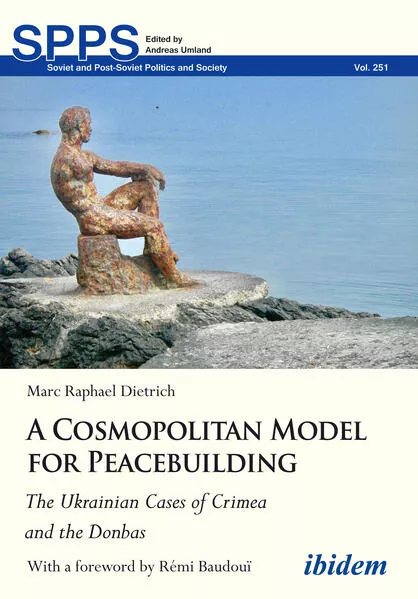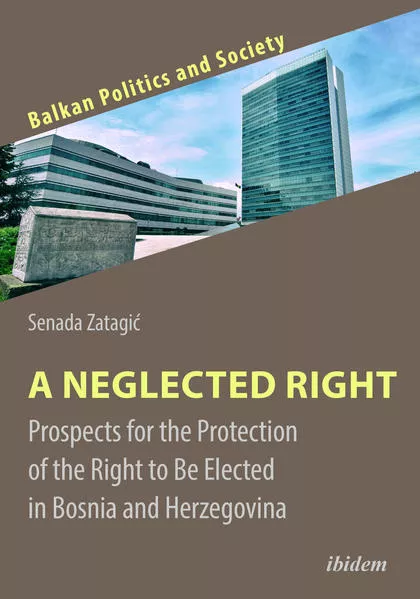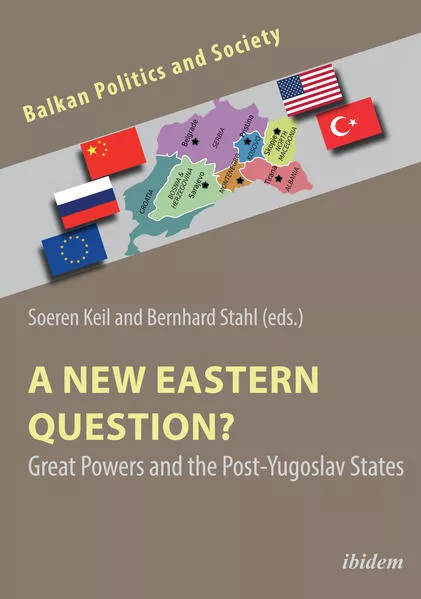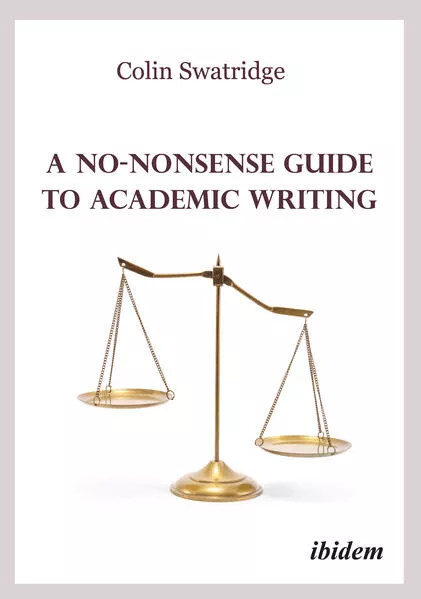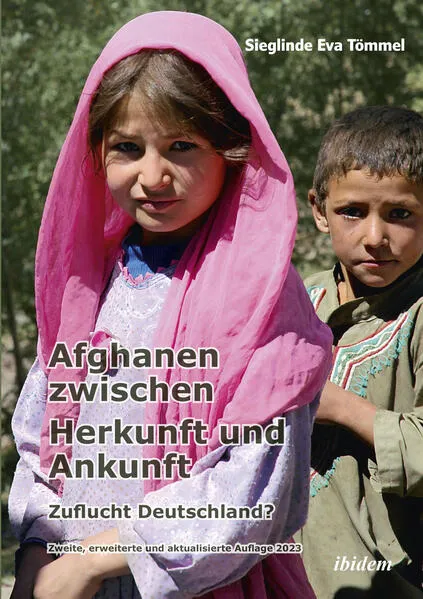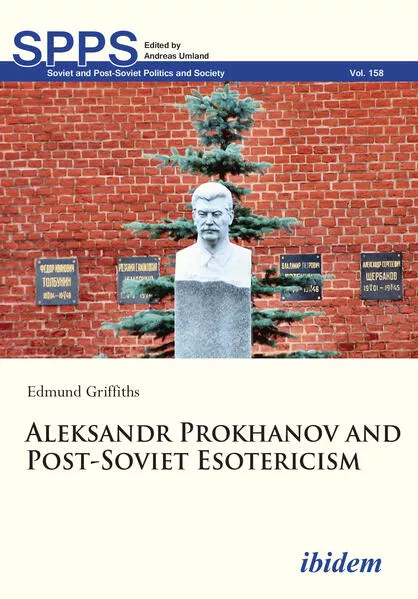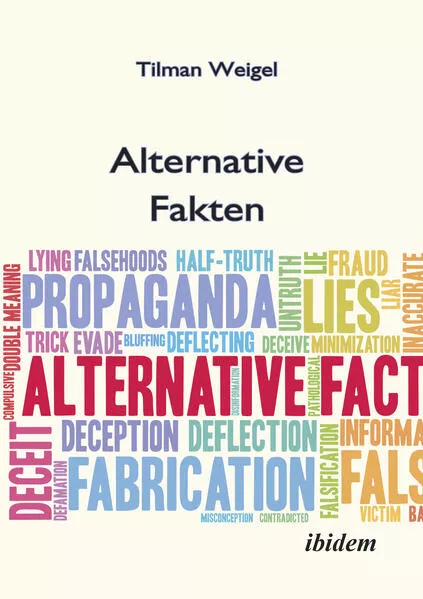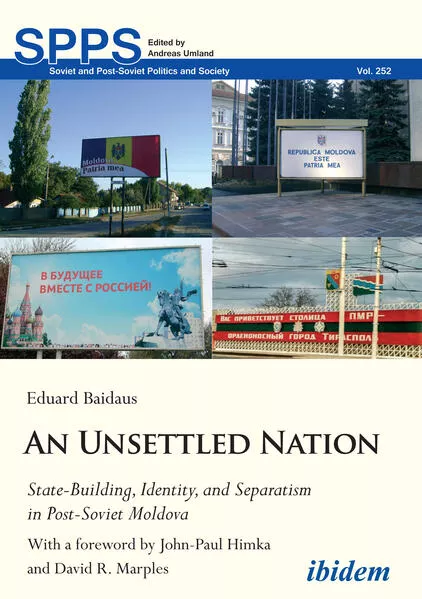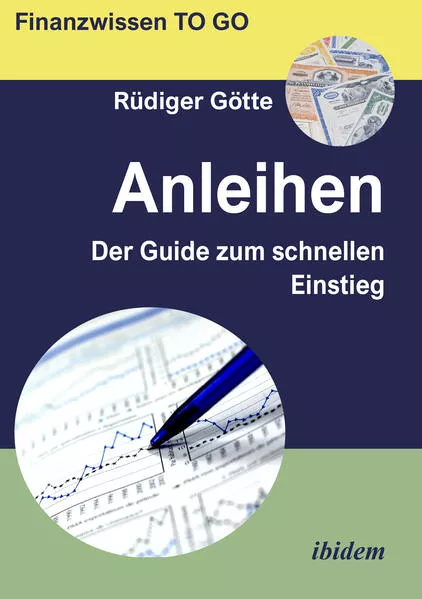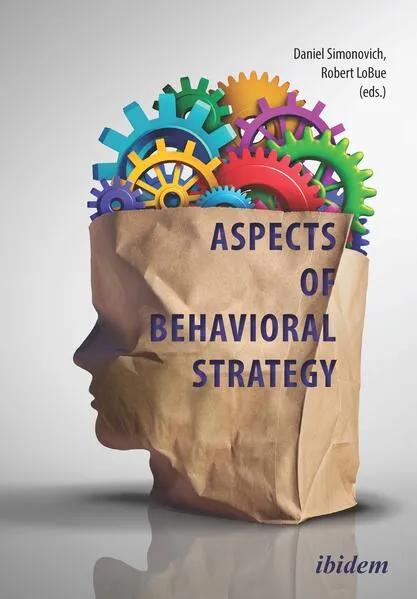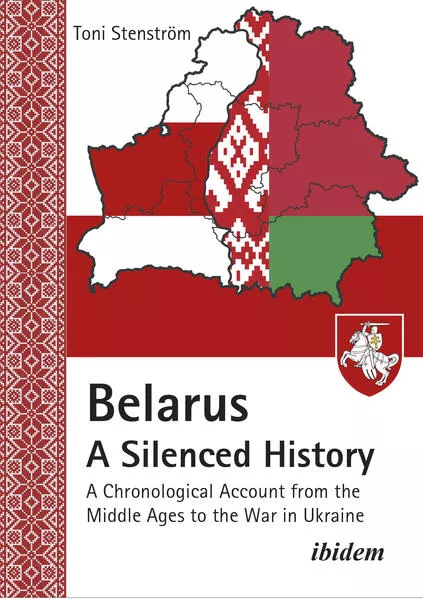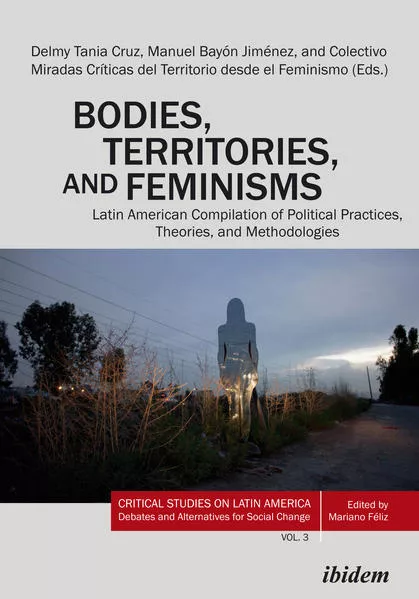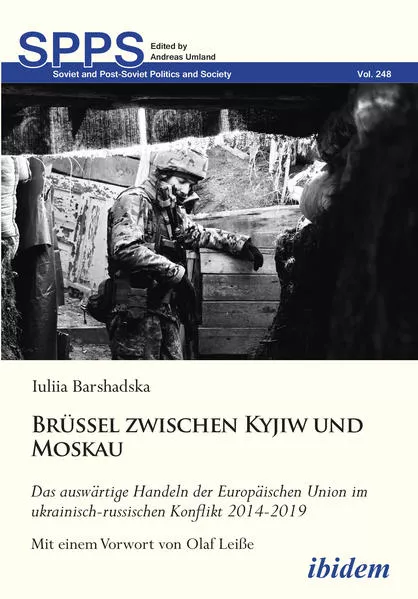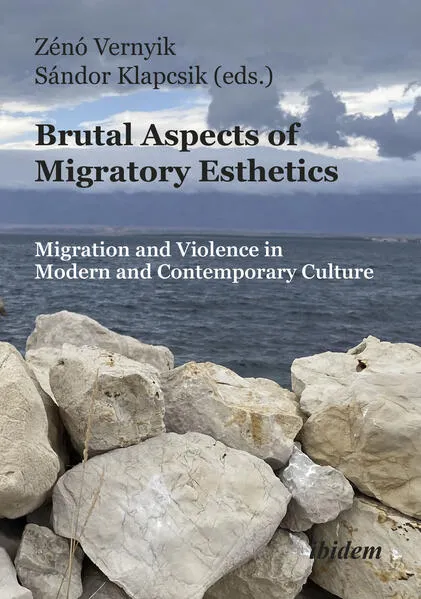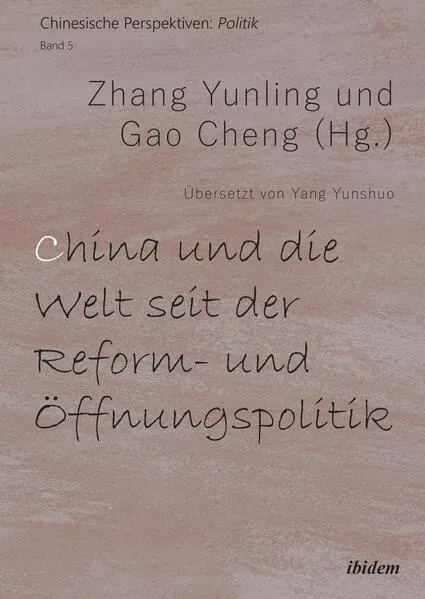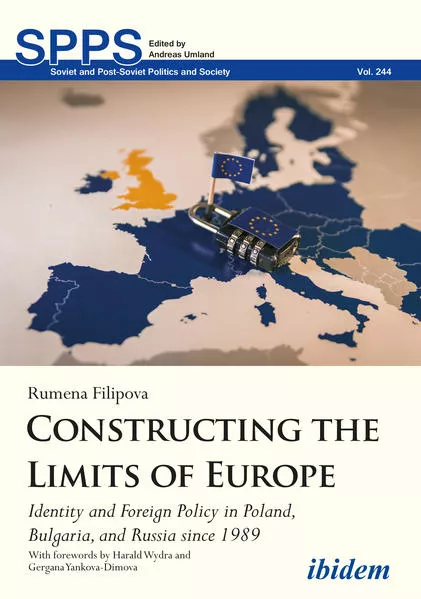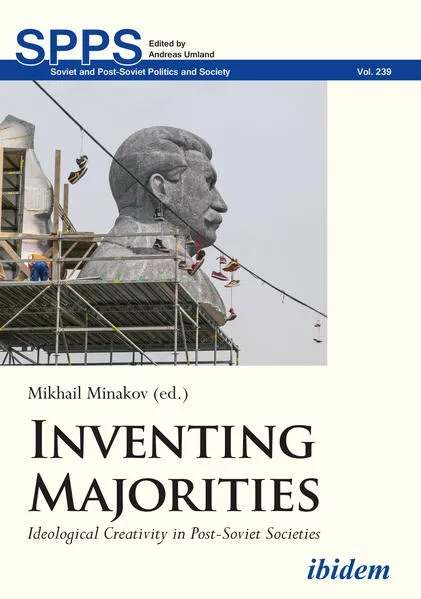
Mikhail Minakov
Inventing Majorities
- Ideological Creativity in Post-Soviet Societies
ISBN: 978-3-838-21641-6
388 Seiten | € 49.90
Buch [Taschenbuch]
Dieses Buch gehört zur Reihe Soviet and Post-Soviet Politics and Society und enthält ca. 43 Folgen.
Erscheinungsdatum:
22.03.2022
Politik
Mikhail Minakov
Inventing Majorities
Ideological Creativity in Post-Soviet Societies
The recent history of post-Soviet societies is heavily shaped by the successor nations’ efforts to geopolitically re-identify themselves and to reify certain majorities in them. As a result of these fascinating processes, various new ideologies have appeared. Some are specific to the post-Soviet space while others are comparable to ideational processes in other parts of the world.
In this collected volume, an international group of contributors delves deeper into recent theoretical constructions of various post-Soviet majorities, the ideologies that justify them, and some respectively formulated policy prescriptions.
The first part analyzes post-Soviet state-builders’ fixation on certain constructed majorities as well as on these imagined communities’ symbolic self-identifications, in- or outward othering, and national languages. The second part deals specifically with post-Soviet ideas of sovereigntism and the way they define majorities as well as imply changes in internal and external policies and legal systems. These processes are analyzed in comparison to similar phenomena in Western societies.
The book’s contributors include (in the order of their appearance): Natalia Kudriavtseva, Petra Colmorgen, Nadiia Koval, Ivan Gomza, Augusto Dala Costa, Roman Horbyk, Yana Prymachenko, Yuliya Yurchuk, Oleksandr Fisun, Nataliya Vinnykova, Ruslan Zaporozhchenko, Mikhail Minakov, Gulnara Shaikhutdinova, and Yurii Mielkov.
In this collected volume, an international group of contributors delves deeper into recent theoretical constructions of various post-Soviet majorities, the ideologies that justify them, and some respectively formulated policy prescriptions.
The first part analyzes post-Soviet state-builders’ fixation on certain constructed majorities as well as on these imagined communities’ symbolic self-identifications, in- or outward othering, and national languages. The second part deals specifically with post-Soviet ideas of sovereigntism and the way they define majorities as well as imply changes in internal and external policies and legal systems. These processes are analyzed in comparison to similar phenomena in Western societies.
The book’s contributors include (in the order of their appearance): Natalia Kudriavtseva, Petra Colmorgen, Nadiia Koval, Ivan Gomza, Augusto Dala Costa, Roman Horbyk, Yana Prymachenko, Yuliya Yurchuk, Oleksandr Fisun, Nataliya Vinnykova, Ruslan Zaporozhchenko, Mikhail Minakov, Gulnara Shaikhutdinova, and Yurii Mielkov.
Unterstütze den lokalen Buchhandel
Nutze die PLZ-Suche um einen Buchhändler in Deiner Nähe zu finden.
Bestelle dieses Buch im Internet
| Veröffentlichung: | 22.03.2022 |
| Höhe/Breite/Gewicht | H 21 cm / B 14,8 cm / 507 g |
| Seiten | 388 |
| Art des Mediums | Buch [Taschenbuch] |
| Preis DE | EUR 49.90 |
| Preis AT | EUR 51.20 |
| Reihe | Soviet and Post-Soviet Politics and Society 239 |
| ISBN-13 | 978-3-838-21641-6 |
| ISBN-10 | 3838216415 |
Über den Autor
The editor:Dr. Mikhail Minakov is Senior Fellow at the Woodrow Wilson Center for International Scholars, Washington DC, as well as editor of the Kennan Institute’s blog Ukraine Focus. He is also editor of the Milan-based Ideology and Politics Journal and philosophy website Koine. Among Minakov’s recent books are From “The Ukraine” to Ukraine (co-edited with Georgii Kasyanov and Matthew Rojansky, ibidem 2021), Post-Soviet Secessionism (co-edited with Daria Isachenko and Gwendolyn Sasse, ibidem 2021), A History of Experience (in Ukrainian, Laurus 2019), Development and Dystopia (ibidem 2018), Photosophy (in Ukrainian, Laurus 2017), and Demodernization (co-edited with Yakov Rabkin, ibidem 2018; in Italian, Ledizioni 2021). His over 90 articles have appeared in, among other journals, Russian Politics and Law, Russian Social Science Review, Southeastern Europe, Transit, Studi slavistici, Mondo economico, Porownania, Neprikosnovennyi zapas, Sententiae, Krytyka, Agora, Ukraina moderna, and Filosofska dumka.
Diesen Artikel teilen
0 Kommentar zu diesem Buch
.... weitere Publikationen von ibidem
Leserunde
Tödliches Schottland: Neun fesselnde Kurzgeschichten
Bewerbungsfrist bis zum: 11.03.2026



